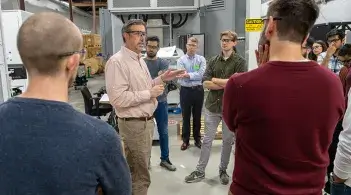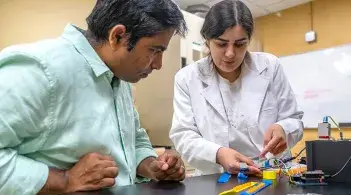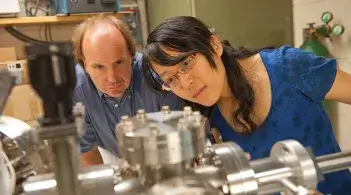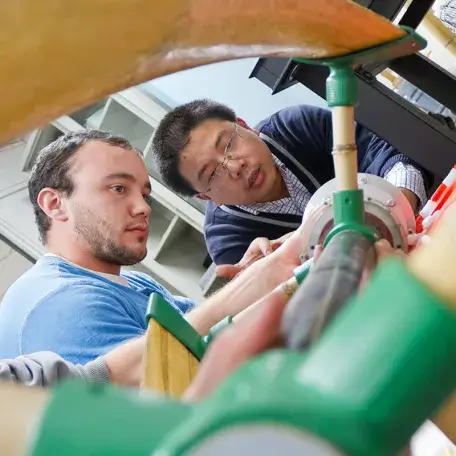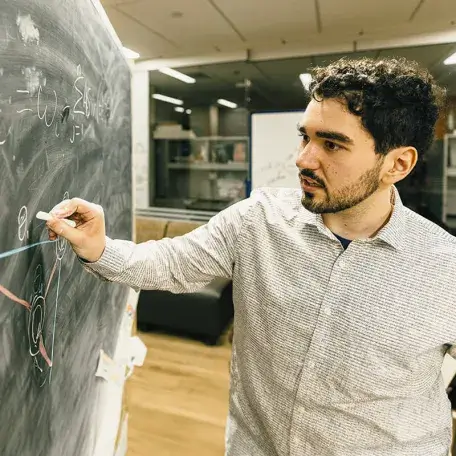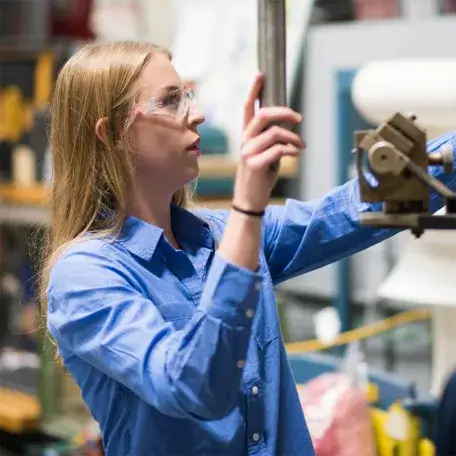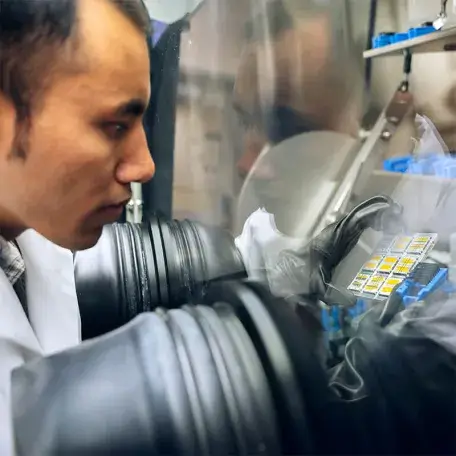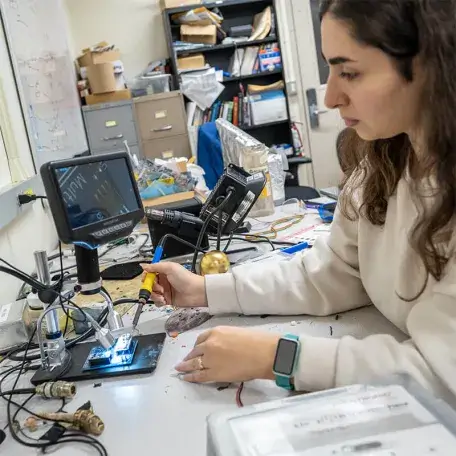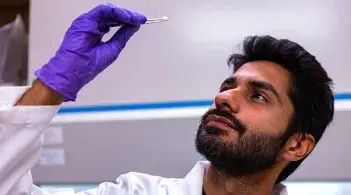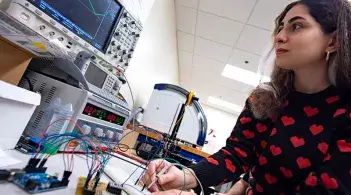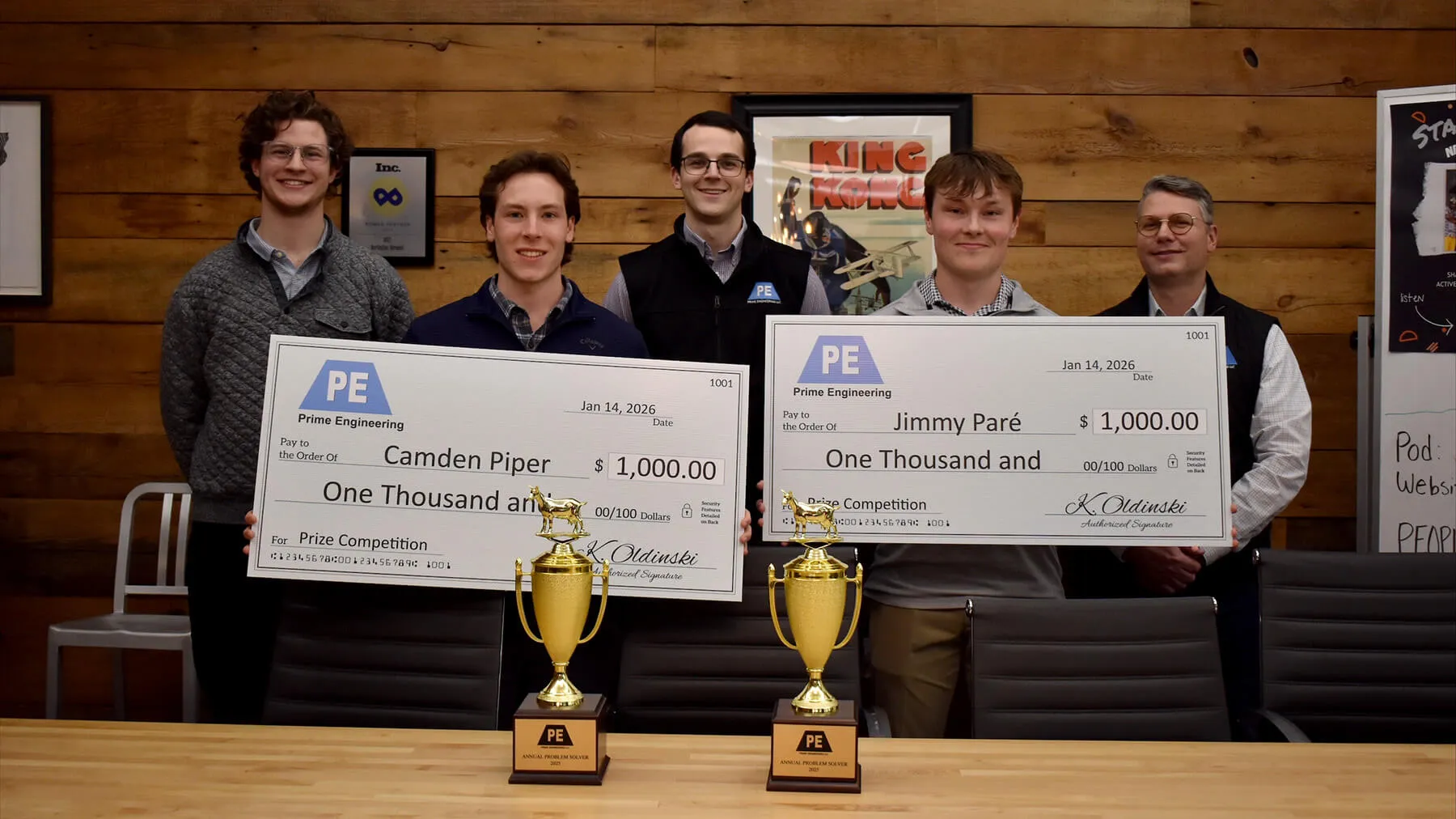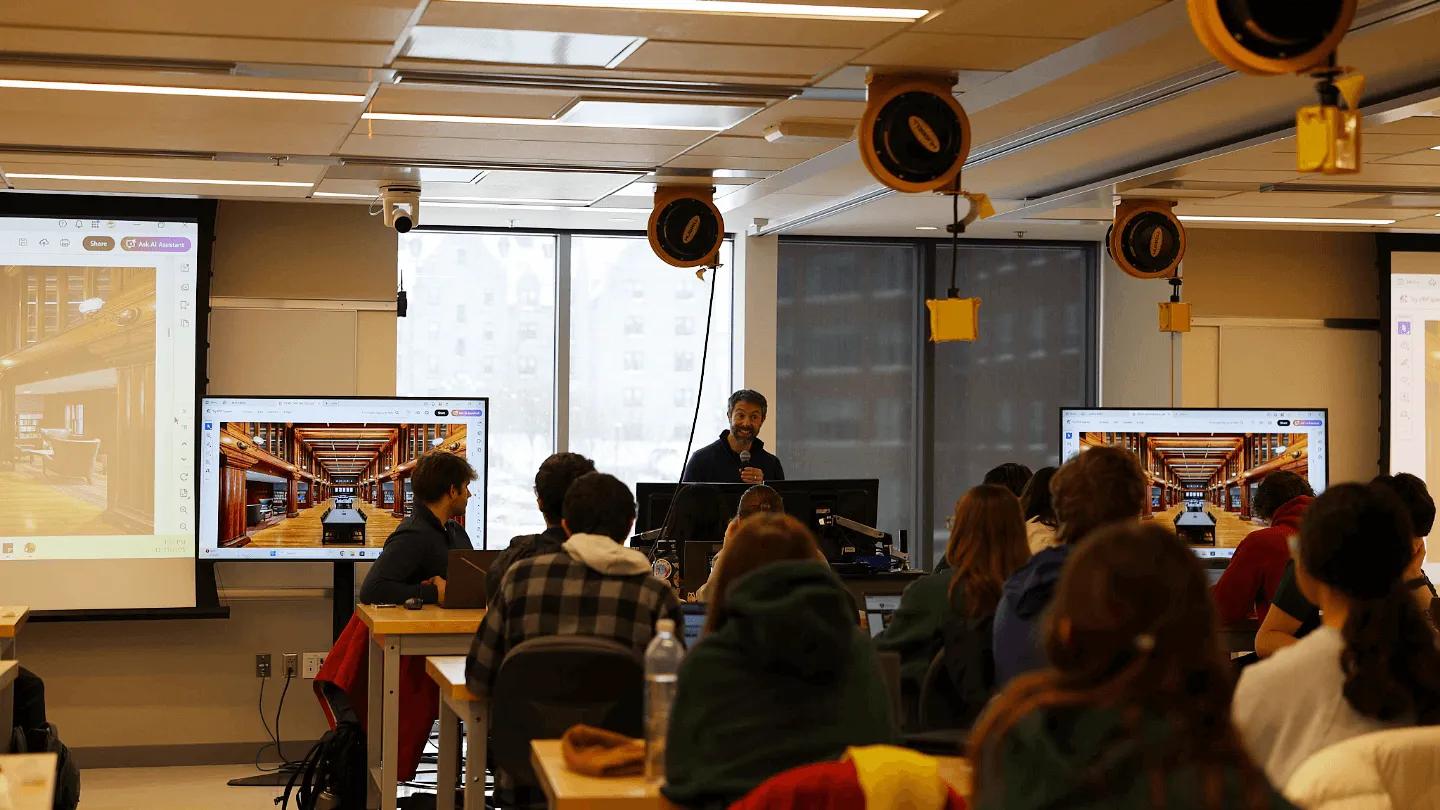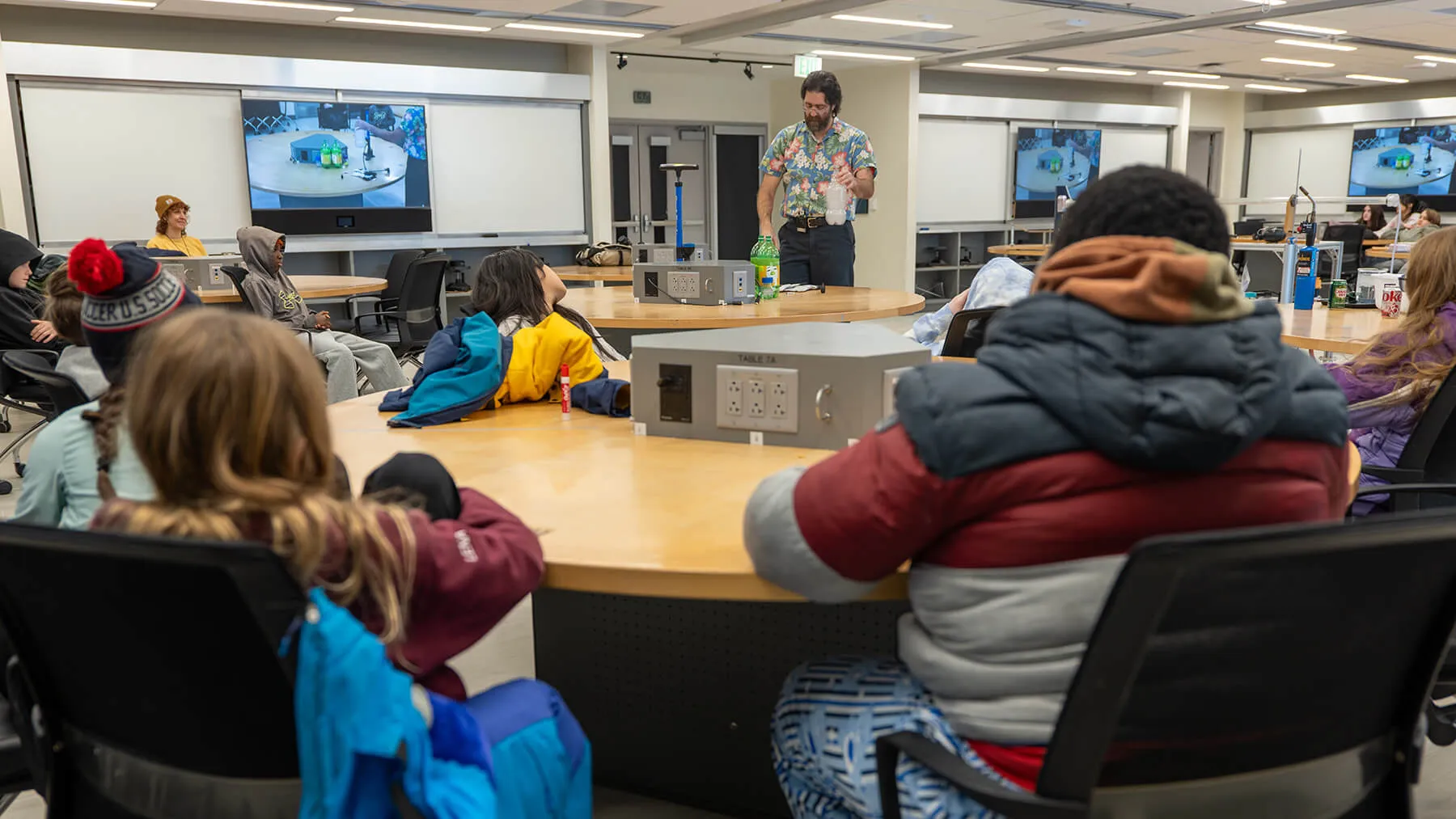A graduate education beyond the limitations of the traditional

The College of Engineering and Mathematical Sciences has carefully cultivated our graduate programs to be ideally scaled: Large enough to attract world-class faculty who are leading researchers in their fields, yet small enough to provide essential interdisciplinary opportunities in a highly collaborative environment that ensures strong and mutually beneficial connections between our students, faculty, and a rapidly expanding network of on-campus and premier industry partners. We offer highly regarded interdisciplinary graduate degrees, such as our well-known Biomedical Engineering and Complex Systems & Data Science degrees, and we compliment traditional graduate degrees with interdisciplinary Certificates of Graduate Studies.
SPOTLIGHT What Sets UVM Apart?
Explore our graduate programs by department
Explore our graduate programs by department
CEMS Interdisciplinary Graduate Programs

As a research and world-problem-solving institution, our focus is on expanding the boundaries of a graduate student's experience. Our Interdisciplinary Graduate Programs in Biomedical Engineering and Complex Systems and Data Science provide a personalized education rooted in collaborative learning and skill-building with exceptional partnerships both within and outside the college. In addition, a newly launched interdisciplinary Ph.D. in Computational Studies of Culture and Society has been developed to train data scientists to understand and solve complex, data-rich problems through a lens of critical engagement with the human experience.
Explore our Interdisciplinary Graduate Programs
Enhance Interdisciplinary Learning by Adding a Graduate Certificate
CEMS Certificates in Graduate Study
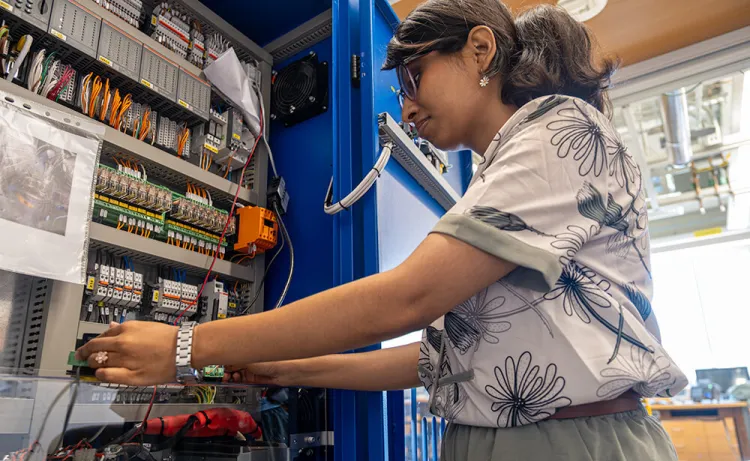
Expand your skills and knowledge with a graduate certificate
Our graduate certificate programs offer a credentialed course of study focused on building the skills and knowledge to thrive in emerging technology industries. These programs are carefully curated to expand and enhance an interdisclipinary approach to developing the next generation of science and engineering leaders.
Learn more We're focused on you
CEMS Research in the News

Nine UVM Olympians to Compete in the 2026 Winter Games in Italy
